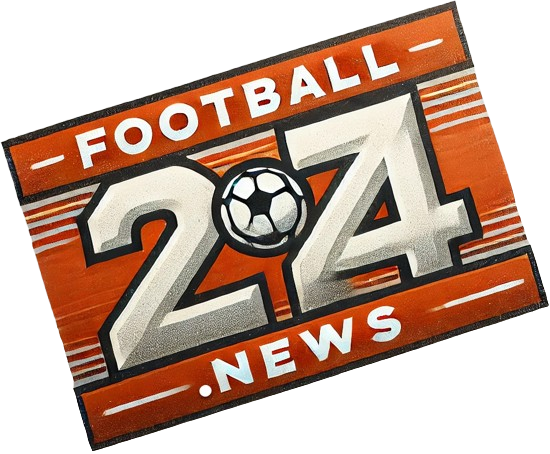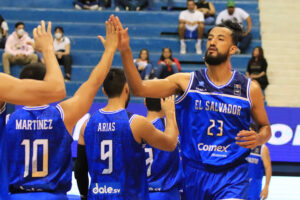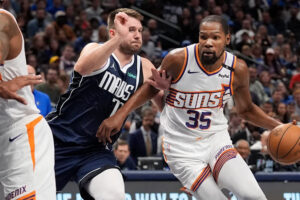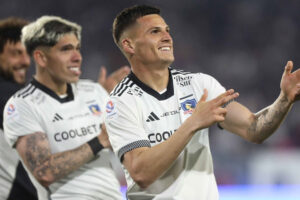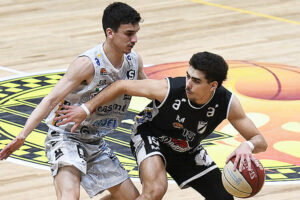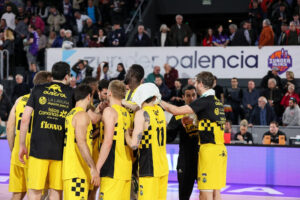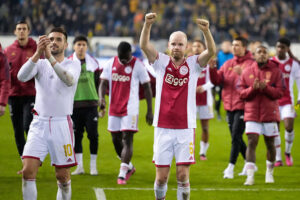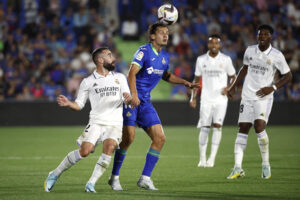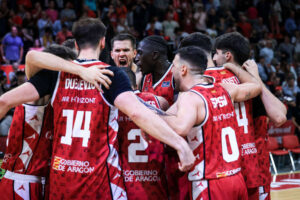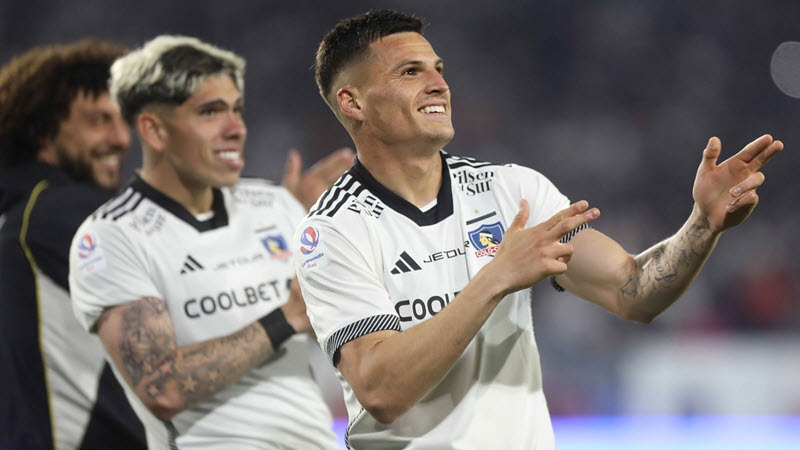BARCELONA – “In football, the only irreplaceable thing is the fans.” The phrase, by Marcelo Bielsa, takes on special relevance in these times of pandemic that for about nine months has changed to a new normal and that with the return of competitions, after the long confinement of spring 2020, has left the empty stadiums. You play soccer, yes, but the passion has disappeared and fans have to settle for following their teams on television.
Serie A, Copa del Rey, UFC, thousands of live events, exclusive original series and much more, all in HD. Subscribe here
There are those who suspect that this identification of the fans is gradually being lost, considering it urgent to recover the old days before it is too late. And while the world advances in the fight against covid-19, football is fighting to survive or, at least, to minimize the losses that the pandemic is causing at all levels.
“A risky forecast was made when the gradual return of fans to stadiums was established as of February 2021,” a former leader of Barcelona, one of the clubs hardest hit by the crisis, explained to ESPN Deportes. In fact, that forecast came from LaLiga, which came to establish the Classic that must be played in April as the date indicated in the return to normality. Even the Spanish Soccer Federation postponed the final of the Copa del Rey from 2020 to April 2021 so that Athletic and Real Sociedad fans could attend a match that today, in the absence of official confirmation, it is already known will be played on goal closed.
THE RETURN
Among the major European League, England, France and Germany were encouraged to open the doors of the stadiums to a small percentage of fans … Being forced, due to the severity of the pandemic in all countries, to discard the idea and play again without an audience.
And in February 2021, the great challenge of football is to find out when it will be possible, finally and with all the security measures, to recover some fans who, as implausible as it may seem, have ceased to be the only irreplaceable thing in football to become the great losers.
Now, without fans in the stands there are no collections, no merchandising sales, televisions renegotiate contracts downwards and club coffers are emptied … Because expenses are not reduced. No matter how much agreements are reached (when that is achieved) with professionals so that their salaries are reduced or at least deferred, the backpack is increasingly heavy and forces them to adapt downward budgets that causes, for example, that the large transfer payments have disappeared.
The last winter market, without going any further, was the least substantial in Spain since 2013 and that fall dragged across Europe. As if that were not enough, the cracks that must negotiate new contracts are heading for significant reductions in their salaries or risk waiting for better times. And so we can see, for example, footballers like Diego Costa, Alex Teixeira, Ramires, Alexandre Pato, Wilfried Bony, Ezequiel Garay or Ahmed Musa without a team.
“The recovery will be slow but it will be,” ventured the same former leader consulted, convinced that as soon as the fans return to the stadiums the situation will gradually normalize. When? In Spain no one dares to speculate openly and although the silence is absolute, the feeling grows that the 2020-21 season will go down in history as it will all be completed without an audience. As of the summer … It will be seen.
Neymar and Álvaro González are separated by their teammates Getty Images
RACISM AND DISCRIMINATION
Watching football on television, without fans in the stands, has caused a new phenomenon that has become news … And caused the authorities to take action on the matter. If before, with the fields full, most of the conversations, insults or disrespect between the players were unknown, the emptiness of the fields has discovered many of the things that happen on the grass. Not always pleasant, much less suitable.
In September, during a match between Olympique de Marseille and PSG, Álvaro González and Neymar caused a scandal on account of the insults of the Spanish defender against the Brazilian crack, who openly accused him of being a racist in a fight that caused the generalized astonishment.
No less than what happened in December in the Parc des Princes, when during the Champions League match between PSG and Basaksehir Sebastian Coltescu, fourth official of the match, referred to Pierre Webó, second coach of the Turkish team, as “black” motivating the withdrawal of the team and a new scandal of great proportions that led to the suspension of the referee.
The three games of suspension and a fine of 136 thousand dollars that Edinson Cavani received for using the expression “negrito” on his Instagram account in response to a friend who congratulated him on his performance against Southampton was another chapter … Although this time with a different connotation, understanding the word of the Uruguayan forward as a normalized sign, and without racist connotations, in his country.
However, both UEFA and FIFA have been on the alert for months with these behaviors on the pitch, which are no longer mostly unknown and which both cameras and microphones reveal to the general public.
Ending racism and all kinds of discrimination has become one of the great objectives of professional football whose changes in recent years have been notorious and which is intended, when the fans return to the stadiums, to become a continuing reality. . If two decades ago, or even less, insults from the stands were understood as ‘normal’ that today have been erased from day to day … Transferring all the standards of good behavior to the pitch is a pending task, and urgent, in the beautiful game.
2 Related
HOMOPHOBIA
On May 2, 1998 Justin Fashanu hanged himself in London. A promising forward since his debut at Norwich in 1978, Nottingham Forest joined him in 1981 for a millionaire figure … And there began his ordeal. Brian Clough, his coach, discovered his homosexuality (not declared) and removed him from the team.
It was not official but it was known that Fashanu was homosexual and all this weighed down his entire sports career, even more so since in October 1990 he openly declared in an interview that he was homosexual.
Despised by fans, singled out by an intolerant society and abandoned by his own professional colleagues, in May 1998, he hanged himself in a London garage. He left as a note the following text: “I have already been condemned as guilty. I do not want to be an embarrassment to my friends and family anymore. I hope that the Jesus that I love welcomes me and finally finds peace.”
Did that tragedy cause a change in football? Absolutely. “I would love not to have to live like this, but the reality is that there is a lot of prejudice in football. I have heard chants and homophobic comments from fans for no reason. It does not bother me during games because I am very focused on the game, that’s when I get back on the plane or the bus and I have time when I remember.
“My plan is to continue playing while I can and announce my sexuality when I retire” wrote a Premier League player, from anonymity, and giving account of a reality as true as it is hidden, even today.
“I don’t know if I would advise a footballer to come out of the closet,” Toni Kroos acknowledged in his day while other European football stars such as European footballers, such as Thierry Henry or Frank Lampard, asked for respect after the legendary Oliver Kahn was much more precise: “Better not declare it.”
Thus, while in women’s football the barrier was broken and one of the world’s biggest stars, Megan Rapinoe, openly proclaimed her homosexuality, in men’s football the taboo remains … No matter how much official bodies try to end such discrimination and since not few arenas will encourage any gay gamer to proclaim it openly.
The German Thomas Hitzlsperger confessed his homosexuality … After retiring and it is still hoped that active footballers will join against intolerance. A challenge that has not been achieved, for now.
Today, both UEFA and FIFA have been on the alert for months with these behaviors on the pitch and around them that are no longer mostly unknown and that both cameras and microphones reveal to the general public.
Ending racism and all kinds of discrimination has become one of the great objectives of professional football whose changes in recent years have been notorious and which is intended, when the fans return to the stadiums, to become a continuing reality. . If two decades ago, or even less, insults from the stands were understood as ‘normal’ that today have been erased from day to day … Transferring all the standards of good behavior to the pitch is a pending task, and urgent, in the beautiful game.
